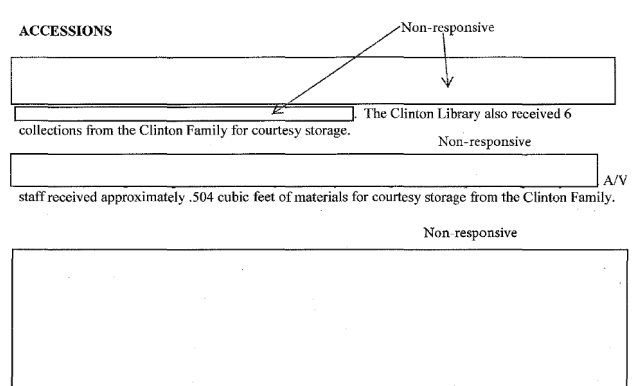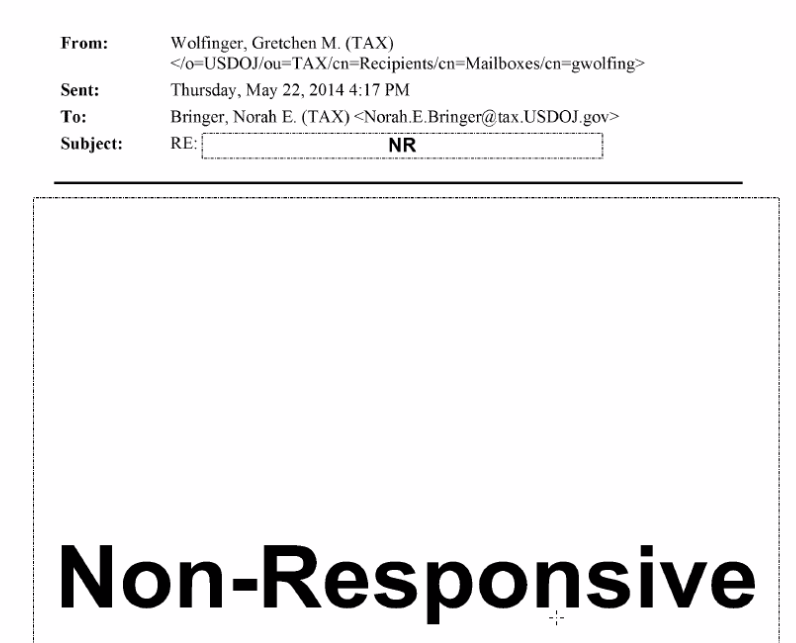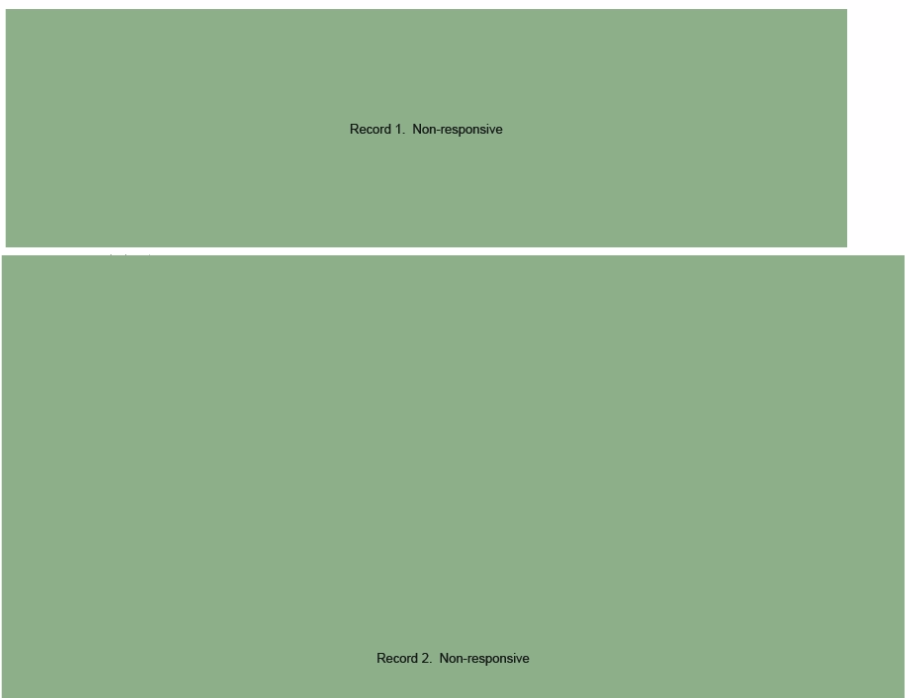This week, Cause of Action Institute (CoA Institute) filed a regulatory comment with the Consumer Financial Protection Bureau (CFPB), highlighting key problems with CFPB’s proposed Arbitration Rule. This rule would outlaw mandatory arbitration clauses in certain financial services contracts, leading to more lawsuits and raising costs for consumers.
When an agency proposes a new rule, it is typically required to host a public “notice and comment” period before the rule can be implemented. This gives the public an opportunity to submit their thoughts on the rule to the agency. Anyone is eligible to submit a comment.
Agencies are then required to consider the public comments, respond to them if necessary, and implement appropriate changes to the rule itself. As administrative rules are made outside of the legislative process – meaning the people who pass them are not elected – this is an essential way to gauge public opinion. This is especially important here, as the Arbitration Rule will affect many Americans’ relationships with their banks, credit card companies, and other financial institutions.
In its regulatory comment, CoA Institute raises legitimate concerns that CFPB based its Arbitration Rule on findings from a study that used bad data and methodology. All government rules, especially those with drastic effects on the economy, should be founded on sound science and solid reasoning. Congress and the White House agree. In 2000 Congress passed a law called the Information Quality Act to ensure that agencies use the best methodology available. The White House issued its own guidance that calls for agencies to have other experts and scientists review their work through a rigorous “peer-review process.”
CoA Institute President and CEO, and former federal judge, Alfred J. Lechner, Jr.: “The study CFPB used to justify its anti-arbitration rule failed to follow appropriate scientific standards, as outlined by both the White House and the Information Quality Act. Had the agency followed the law and rigorously vetted its study, this ill-advised rule would not have made it this far. Banning arbitration will harm the economy and millions of Americans while enriching a lucky few at law firms. CFPB should halt consideration of this rule until a proper peer-reviewed study has been completed.”
Read Judge Lechner’s op-ed HERE
Read the full regulatory filing HERE
Eric Bolinder is Counsel at Cause of Action Institute.



